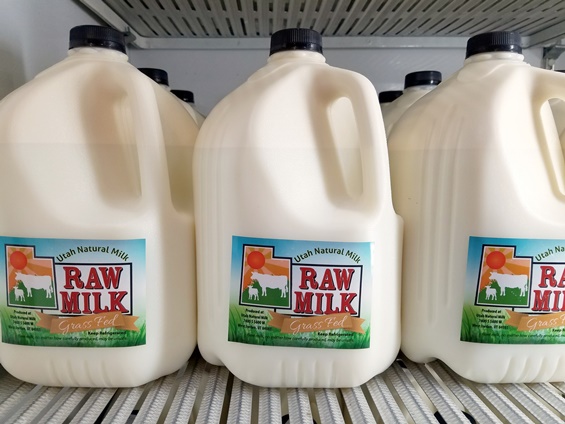Consuming raw milk, which is milk that has not been pasteurized to kill harmful bacteria, is a health trend that has both proponents and critics. Here’s a detailed look at the risks and benefits associated with raw milk consumption:
Risks of Consuming Raw Milk
Bacterial Contamination:
Raw milk can harbor dangerous pathogens such as Salmonella, E. coli, Listeria, and Campylobacter. These bacteria can lead to severe foodborne illnesses, which can be particularly dangerous for children, pregnant women, the elderly, and individuals with weakened immune systems.
Outbreaks of diseases linked to raw milk have been documented. For example, the Centers for Disease Control and Prevention (CDC) reported multiple outbreaks associated with the consumption of raw milk between 1993 and 2012.
Severe Health Consequences:
Infections from raw milk bacteria can cause symptoms ranging from diarrhea, vomiting, and stomach cramps to more severe outcomes such as kidney failure, chronic disorders, and even death in extreme cases.
Lack of Pasteurization:
Pasteurization is a process that heats milk to a specific temperature to kill harmful bacteria without significantly affecting its nutritional value. Without this process, raw milk remains a potential vector for infectious diseases.
Benefits of Consuming Raw Milk
Nutrient Retention:
Proponents of raw milk argue that it retains more natural enzymes, vitamins, and beneficial bacteria that can aid digestion and improve gut health. Pasteurization, they claim, destroys some of these nutrients and enzymes.
Taste and Quality:
Some consumers prefer the taste of raw milk over pasteurized milk, finding it richer and creamier. They also argue that raw milk from grass-fed cows has higher levels of certain beneficial fatty acids.
Potential Health Benefits:
There are claims that raw milk can help with allergies and lactose intolerance due to the presence of natural enzymes that aid in the digestion of lactose. However, scientific evidence supporting these claims is limited and often anecdotal. In other words, hardly unlikely to be true.
Balancing the Risks and Benefits
Scientific Consensus: Major health organizations such as the CDC, the U.S. Food and Drug Administration (FDA), and the World Health Organization (WHO) advise against the consumption of raw milk due to the high risk of bacterial contamination and foodborne illness.
Regulatory Perspective: Many countries have strict regulations on the sale of raw milk. In the United States, for instance, the sale of raw milk is banned or restricted in many states, and it is illegal to sell across state lines.
Conclusion
While raw milk can have certain nutritional benefits and appeal, the significant health risks associated with its consumption generally outweigh these benefits. Pasteurization is a critical step in ensuring milk safety by eliminating harmful pathogens. Individuals should weigh these factors carefully and consider the potential dangers of consuming raw milk, especially for vulnerable populations.











